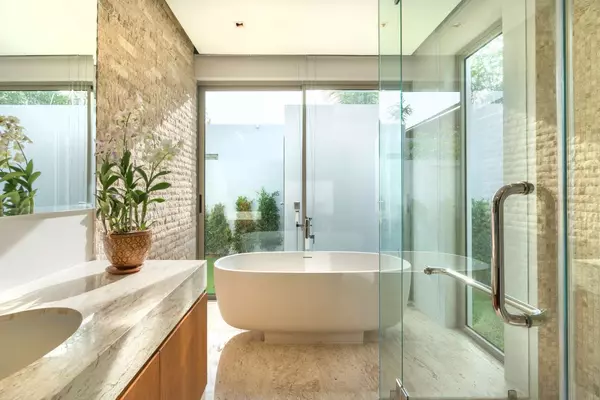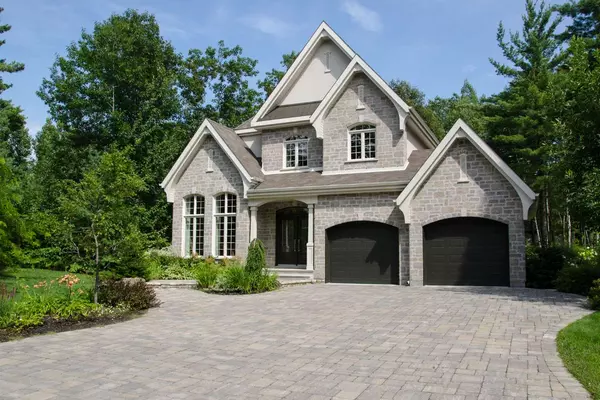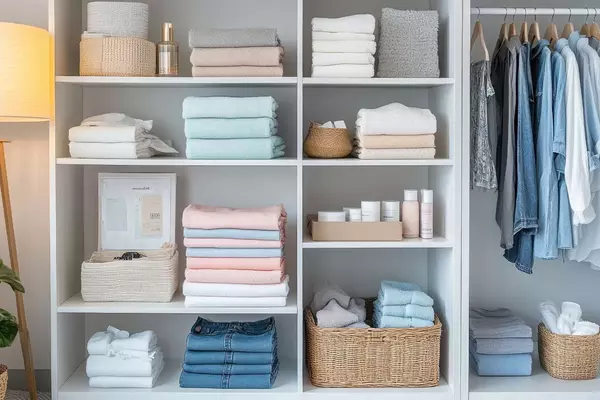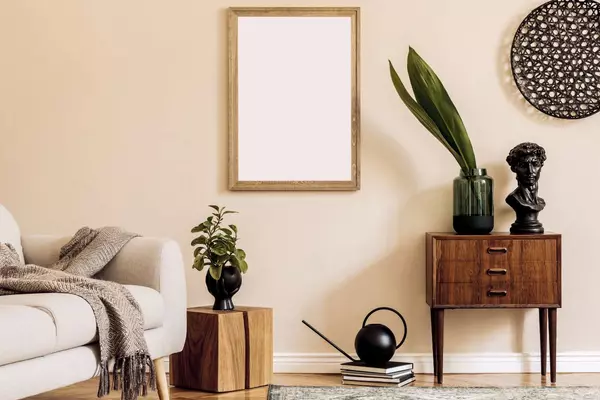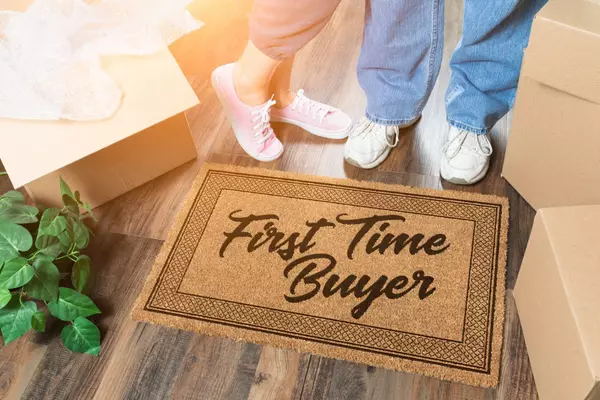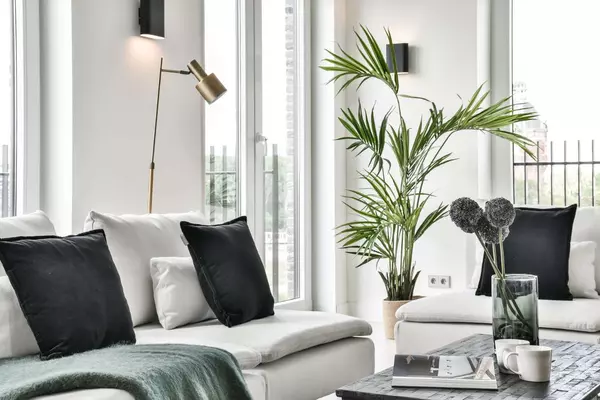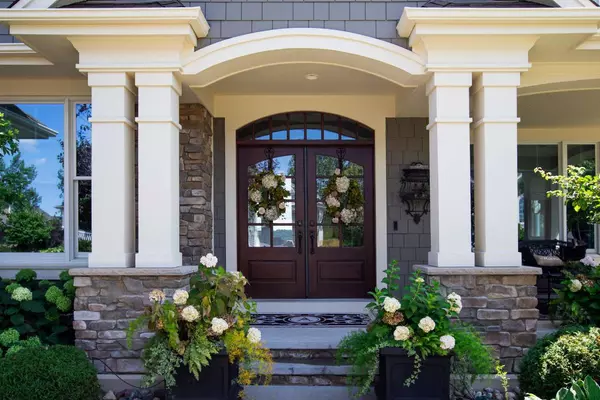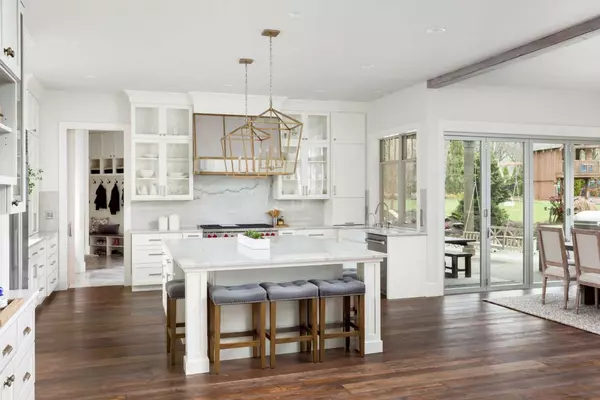
The Ultimate Luxury Airbnb Setup Checklist for Frisco & Prosper
If you’re launching (or leveling up) your Airbnb in Prosper or Frisco, you’re in one of the most in-demand luxury rental markets in North Texas. High-income travelers, corporate guests, and affluent families are searching for upscale, well-designed places that feel like a private resort meets bouti
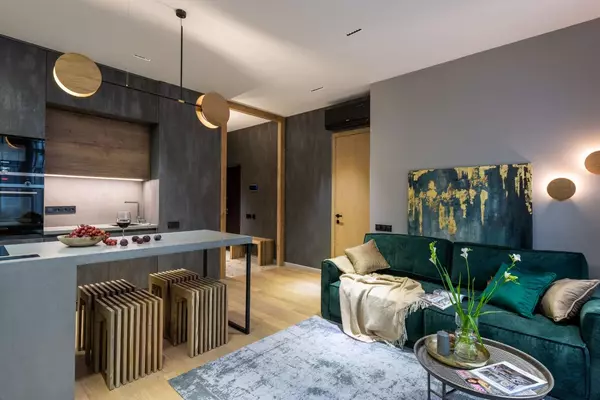
Making Small Spaces Feel Luxurious
In the North Texas luxury market—especially in Dallas, Frisco, and Prosper—larger homes may dominate the headlines, but well-designed smaller spaces often steal the show. Whether it’s a chic urban townhome or a downsized luxury home with smart design, buyers expect elegance and comfort regardless of

Write Listings That Close Deals & Boost SEO
In a fast-paced luxury real estate market like Dallas, Frisco, and Prosper, your property listings need to do more than just exist—they need to perform. With so many buyers starting their home search online, an MLS description that ranks well on search engines and resonates emotionally with buyers i
Categories
- All Blogs (106)
- Credit & Mortgage Prep (6)
- First Time Home Buyer (15)
- Home Appraisal & Valuation (26)
- Home Buying (58)
- Home Selling (47)
- Luxury Homes (66)
- Market & Design Trends (9)
- Mortgage & Financing (4)
- Mortgage Rates & Trends (6)
- Moving & Relocation (2)
- Renting & Leasing (3)
- Special Property Types (6)
- Staging & Home Prep (16)
Recent Posts
